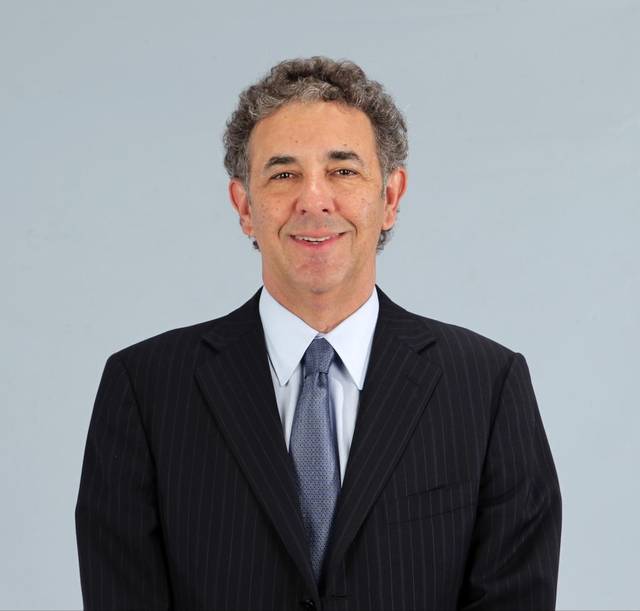Will an MBA Help You Become an Investment Banker?
By Ilana Kowarski
An MBA from a highly ranked business school is a major plus for aspiring investment bankers, experts say.
IF YOUR DREAM IS TO become an investment banker at a multinational bank like JPMorgan Chase & Co., then an MBA degree from a top business school may help you achieve that goal, according to experts who have been on this career path or have placed MBA students in investment banking positions.
It is possible for a student from any MBA program to become a successful investment banker, says Karin Ash, a former university career services official who spent seven years helping MBA students find investment banking jobs.
However, the most prestigious investment banking firms tend to choose the bulk of their MBA hires from highly ranked business schools, says Ash, who is now an admissions consultant with Accepted, an admissions consulting firm. “So, while any student from any school could ‘make it,’ it is easier to be noticed if you attend a highly ranked school,” she wrote in an email.
Can You Get an Investment Banking Job Without an MBA?
Current and former investment bankers acknowledge that it is possible to get a job at an investment bank without an MBA degree, and they note that investment banks often recruit analysts from prestigious undergraduate institutions. However, they warn that individuals who did not go directly from college to the investment banking industry may struggle to gain a foothold if they do not obtain an MBA.
Somebody with a business-related undergraduate degree from a college with a strong business program may not need an MBA to enter the investment banking industry, says James Cassel, chairman and co-founder of the Cassel Salpeter & Co. investment banking firm in Miami. However, for someone without an undergraduate business degree, an MBA can significantly improve the odds of getting investment banking job offers, he says.
Cassel, a former securities lawyer who transitioned from a legal career into the investment banking sector, notes that he took a nontraditional path into the industry. He says it’s more typical to enter the sector immediately after either college or business school.
The best way for college graduates who are working outside the investment banking sector to pivot into the industry is to pursue an MBA degree, says Delano Saporu, a former investment banker who is now a financial advisor and the founder of New Street Advisors Group financial advising firm in New York City.
Saporu, who earned an MBA from the University of Chicago Booth School of Business, says attending a top B-school offers abundant opportunities to network with investment bankers and meet investment banking recruiters. He adds that getting to know the “gatekeepers” of the investment banking profession makes it easier to enter the highly competitive and selective industry.
Saporu’s choice to pursue an MBA was driven by his interest in investment banking. “I just wanted more of a challenge,” he says.
What Investment Bankers Do and How Much They Earn
Unlike banks that focus on serving the general public, investment banks tend to cater to corporations and other large institutions. They help businesses, governments and other organizations raise capital through sale of stocks or bonds. They also assist with mergers and acquisitions, and they may provide money advice.
An allure of the investment banking profession is the generous compensation that investment bankers receive. Entry-level compensation often exceeds $120,000 per year when base salary and various bonuses are combined, and the pay for higher-level investment bankers is even better. Leaders at investment banking organizations, such as managing directors, may earn more than $1 million per year.
It’s important to note, however, that investment bankers typically work exceptionally long hours. In a single week, an investment banker may clock 50 to 60 hours or more, and someone with a particularly demanding job may work 80 to 100 hours.
What Is the Job Outlook for Investment Bankers?
Competition is fierce for entry-level positions in the investment banking industry, since it is a high-paying occupation and seems glamorous, experts say. In addition, there has been significant instability in the global investment banking industry since the Great Recession, which caused many investment banks to downsize and caused some – like Lehman Brothers Holdings Inc. – to collapse.
In its 2019 report predicting the future of banking and capital markets, international accounting and consulting firm Deloitte had this to say about the long-term outlook for investment banks: “The global investment banking industry has yet to find its footing after the financial crisis. However, the industry seems to be inching back to normalcy, in terms of capital adequacy and profitability.”
This August, Moody’s Investors Service – a U.S. credit rating agency – downgraded its outlook for the global investment banking sector from positive to stable. Moody’s warned that global economic growth was slowing and that interests rates were low, which could result in a reduction investment banking activity during the subsequent 12 to 18 months.
“The prospects are pretty good in the investment banking industry at the moment,” Cassel wrote in an email. “However, as real signs of a recession emerge this will change. At some point, firms will slow down their hiring and start to cull their staff as business stops being as robust.”
What Type of MBA Degree Helps People Become Investment Bankers?
The prestige of an MBA program tends to have a significant influence on whether its students receive job interview invitations from investment banks, Cassel says. For individuals determined to find jobs at top-tier investment banks, Cassel says an MBA from a highly regarded B-school would be very “important and helpful.”
He says MBA grads from top-20 business schools have a significant advantage in the investment banking hiring process. “The problem is, you may get just as good an education from not-a-top-20 school, but it’s very difficult to get the entree in or to get into the hiring process unless you have that on your resume,” he says.
Cassel suggests that MBA hopefuls who are interested in investment banking choose a business school with a solid finance curriculum, plus strong courses in other disciplines. “Know more than how to crunch numbers,” Cassel says, adding that MBA students with dreams of working for investment banks should take courses in marketing, human resources and technology in addition to their finance classes.
Although it is harder for MBA students from lower-ranked business schools to start an investment banking career than students from higher-ranked MBA programs, it is possible if they reach out to alumni of their schools who work at investment banks, he adds.
“They generally can’t get you the job,” he says, “but they may get somebody to look at your resume.”
Click here to view the PDF.











